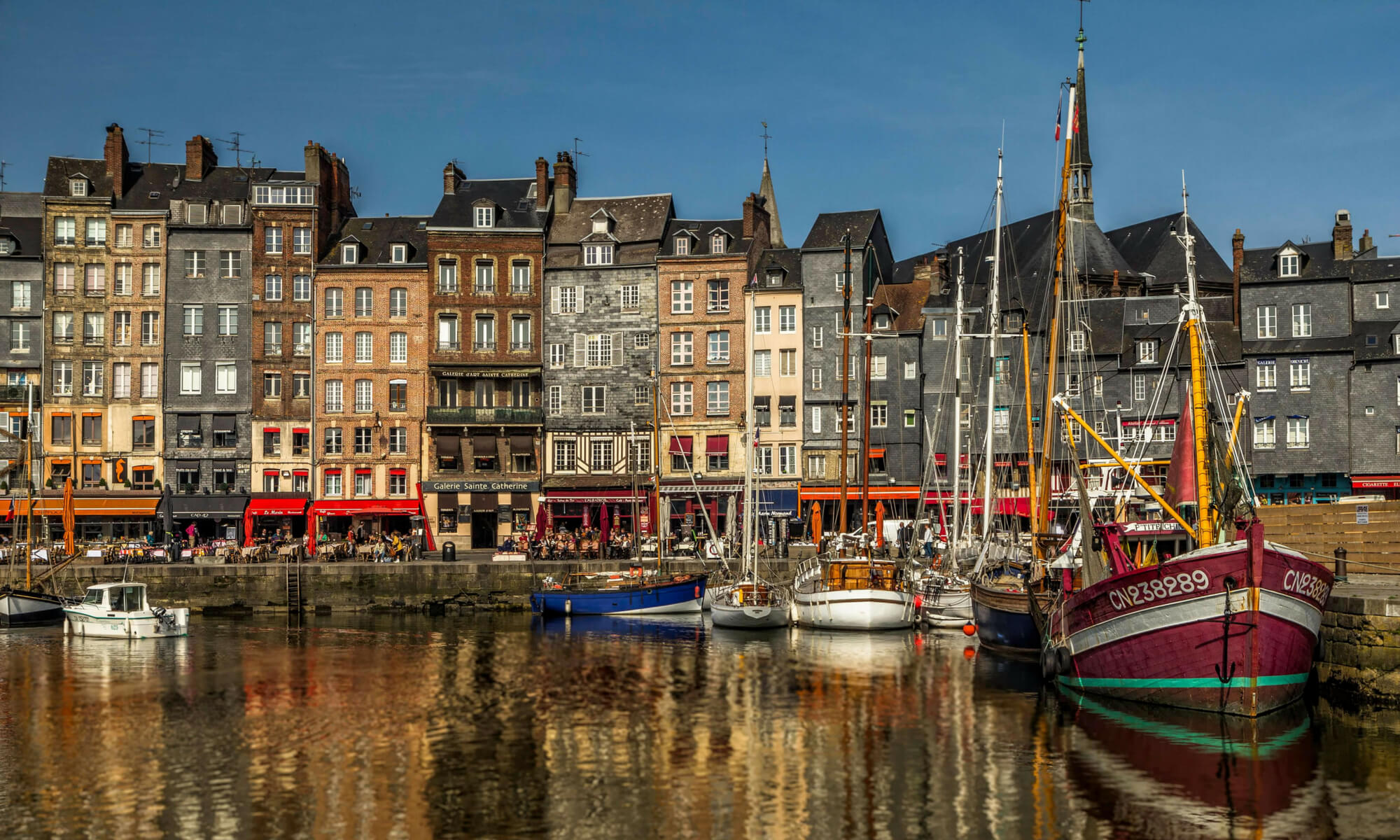Categories: French History, Toulouse Area
Jean Jaurès: Orator, Statesman, Politician, Pacifist, Philosopher: Hero of France
1859-1914
Jean Jaurès was born in the small city of Castres, in the Tarn department in 1859. He was one of the most important thinkers and writers of the second half of the 19th century. His abilities as a speaker, his committment to humanist values, and his passion for expressing himself in both writing and teaching made him famous. His influence was enormous, as were the emotions and opinions he inspired.
One of the members of Parliament responsible for several important laws such as the Law of 1905 creating a separation of Church and State, his passionate involvement in human causes and his relentless defense of pacifism and a non-militaristic society eventually got him assassinated.
As we talk about his ideas and his actions, here is a chronology of the important events and moments of his life.
1869: Noticed in school for his brilliance (at the age of ten) he is offered a chance to go on to have a higher education with a scholarship
1876: Gives his first public speech at the age of 16 to the local Prefet’s government
1877-1878 : Goes to study in Paris and enters the Ecole Normale Supérieure, one of the most prestigious public institutions in France.
1881: Receives his degree and at the age of 22 becomes a professor of philosophy in Albi. His specialty is German philosophers and secular thinking.
1883: Becomes a Professor at the University of Toulouse. Begins, at the age of 24, his political activism.
1885: Elected as a Deputy, the youngest in France. Represents Castres. Makes friends with Jules Ferry.
1885 to 1892: His politics, essentially Republican and moderate move more to the Left. Defender of the miners of Carmaux (near Castres) and then the Glass Workers of Albi, discovers the terrible working conditions and the exploitation of the miners, workers, who have no protection or support system. Defends the Unions when they strike.
1888: Wrote an article about the importance of school and education to make good citizens.
1893: Completes his PhD, no longer Deputy he teaches in Toulouse, writes regularly for the local, Socialist newspaper, the Dépëche
1890-1893: Member of Toulouse government. In this period, his contact with the miners and other workers, as well as his intellectual debates with other politicians and activists moves his own political thinking more and more to the Left.
1893: Joins the French Worker’s Party, which becomes the French Socialist Party.
1893-1896: There are many workers’ strikes in Carmaux and Albi and Jaurès becomes the spokesperson for them in Parliament.
1898: Becomes a co-editor of a newspaper that is Socialist. Makes many speeches about the unifying of all of the left wing groups (not Communist)
1898: Speaks out and writes in defense of Dreyfus – creates a huge divide in the Socialist movements.
1899: Speaks out against mistreatment of workers in the Caribbean. Tries to convince Parliament to give French citizenship to Algeriens (it is a colony). Both ideas are radical.
1901: Creates the French Socialist Party with some other politicians. Speaks out about the control of the Church in government. Has lots of enemies for his many ideas.
1902-1914: Re-elected to Parliament five times. Is a Deputy until his death.
1904: Creates the newspaper, ‘l’Humanité’, as a Socialist newspaper.
1905: Participates in the writing of the law, “Separation of Church and State’ that is still the basis of education in France
1908: Speaks out against the Death Penalty. Writes articles and speaks out against Militarism of the government and warmongering. Declares himself a Pacifist.
1913: The Three Year Law requiring 3 years of military service is voted in against his ideas and speeches. Is adamant about not starting a war that will enflame all of Europe!
1914: July 31, Jaurès is assassinated in a café near the Humanité office by a crazy man who hated his politics about NOT going to war.
Three days later war is declared against Germany. WW I begins!
1919: The assassin, Raoul Villain, kept in prison through the war, who admits his crime, is ACQUITTED! Huge scandal and uproar. Jaurès’s widow has to pay the legal fees!
1924: Jean Jaurès is considered to be a national hero. His ashes are taken to the Pantheon. The miners have a huge cortège to accompany him there.
1981: President Mitterand goes to the Pantheon and pays his respects to Jaurès.
1988: Creation of the National Museum Jean Jaurès by Mitterand in Castres.
Other Interesting facts about Jean Jaurès
His conviction that education should be free and secular is the basis of the whole educative system of France.
There are 319 elementary, 53 high schools that are named after him.
There are streets and squares everywhere in France that have his name. Toulouse, Marseille among others, have metro stations named for him.
He participated in three duels (all illegal) because other politicians said he ‘insulted them or the country’. Was never hurt.
His political ideas and his outgoing nature and ‘big mouth”’ made him a perfect subject for caracatures and cartoons. There were hundreds.
He had an uncle who was an Admiral. Two of his cousins and his brother were Vice Admirals.
His only son, who volunteered to join the Army in 1915 was killed in 1918.
The newspaper, l’Humanité, still exists. It was a Socialist newspaper (like the Dépêche de Midi) until 1924 when it became a Communist newspaper.
Pantheon: You can visit his sepulchre inside the building.
He is considered to be one of the greatest orators of all times. His Humanist ideas and his belief in a unified Europe would be very appropriate today.
Subscribe to the Podcast
Apple YouTube Spotify RSSSupport the Show
Tip Your Guides Extras Patreon Audio ToursRead more about this show-notes
Episode Page TranscriptCategories: French History, Toulouse Area

